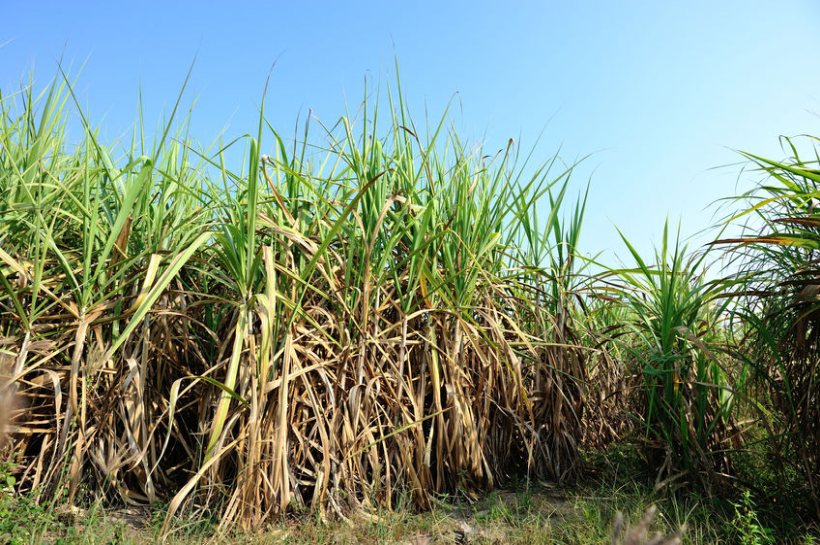
The NFU has said it is 'disappointed' with the government’s decision to maintain the autonomous tariff quota (ATQ) for raw cane sugar for 2025.
Since its implementation in 2021, the ATQ has permitted 260,000 tonnes of raw cane sugar each year to enter the UK tariff-free, regardless of origin.
ATQs allow imports up to a given quantity of a good to come in at a lower or zero tariff for a specified period of time.
Despite the significant concerns raised by the UK sugar beet sector, the government has decided to maintain the ATQ at current levels for next year.
The decision again asks UK growers to go toe-to-toe with major producers such as Brazil, which benefit from a competitive advantage derived from regulatory divergence with the UK.
Responding to the news, the NFU said the quota constituted a 'significant threat' to British growers due to being exposed to sugar from around the world produced to inferior ways.
It said that allowing sugar to enter the UK market tariff-free would export the environmental footprint of production while undercutting domestic producers.
The union first registered its opposition via a public consultation launched upon the ATQ's introduction in 2021 and has continued to lobby for its removal ever since.
Figures show that the majority of UK raw cane sugar imports come from Brazil, accounting for 52% of non-EU imports in 2021, 64% in 2022, and 70% to July 2023.
Brazilian growers have access to a number of plant protection products which are illegal in the UK, a fact which is of immense concern to British growers.
NFU sugar board chair, Michael Sly said the sector considered a zero-tariff quota for raw cane sugar 'highly concerning, unjustified, and unnecessary'.
“As recently as August, the government committed in its ‘new deal for farmers’ that we would not be undercut by low standards in trade deals," he added.
“British sugar beet growers are some of the most efficient in the world but allowing tariff free access to sugar from any country, produced in ways that would be illegal in the UK, simply undercuts them.
"This quota system also undermines the existing preferential access granted to developing countries."
Mr Sly concluded: “We remain fundamentally opposed to an ATQ for raw cane sugar, regardless of its size.”
The government has also committed to review the process for determining the ATQ and related considerations for 2026 and beyond.
